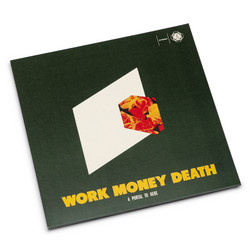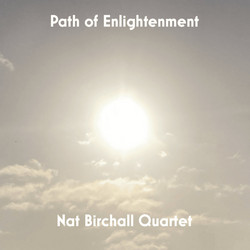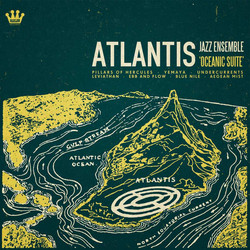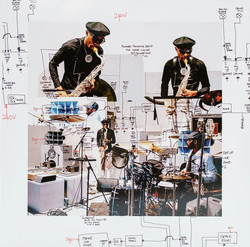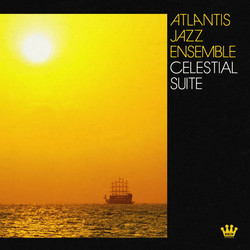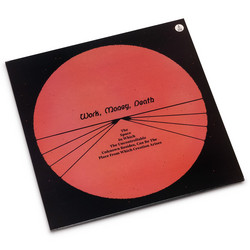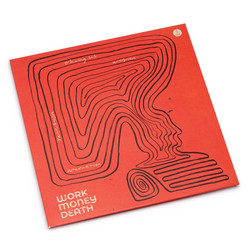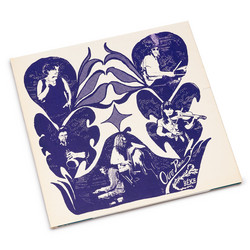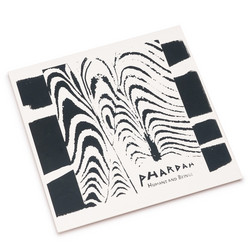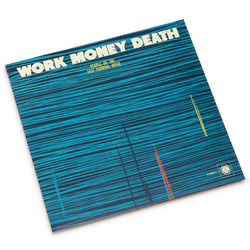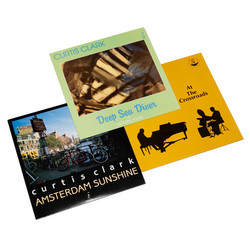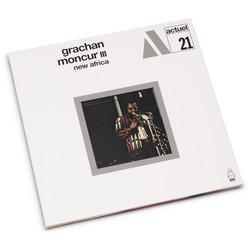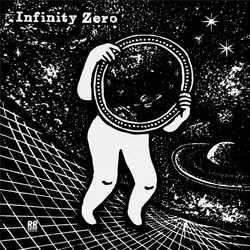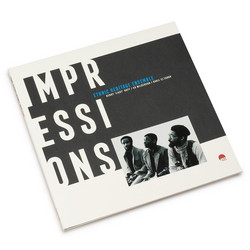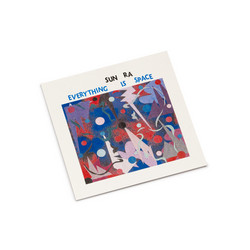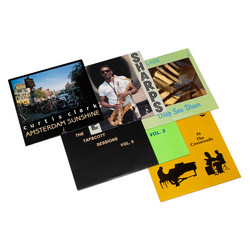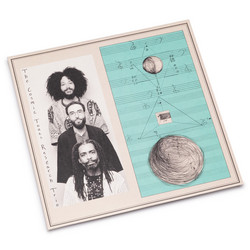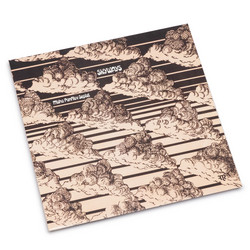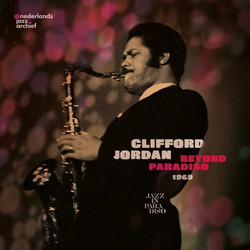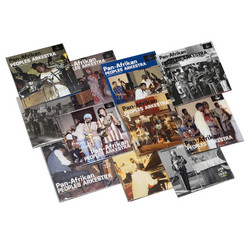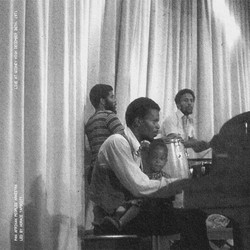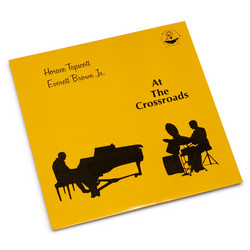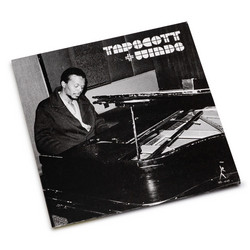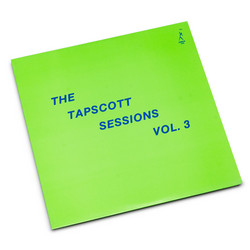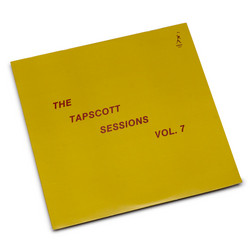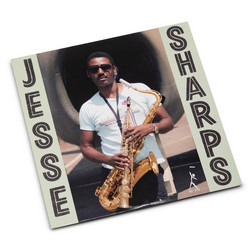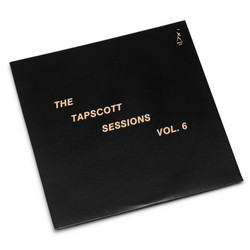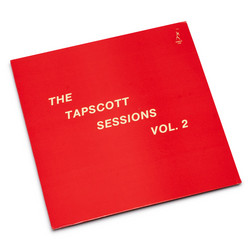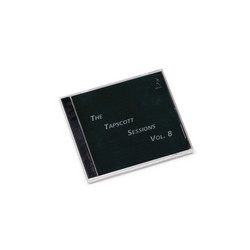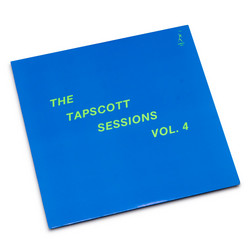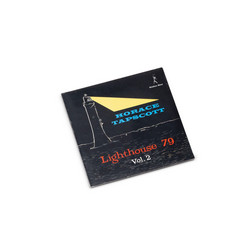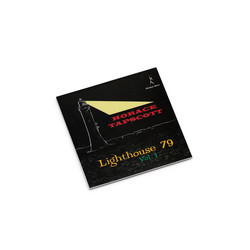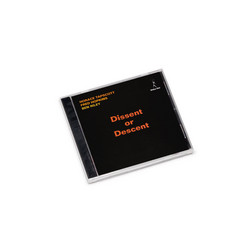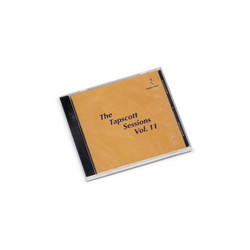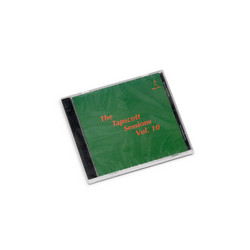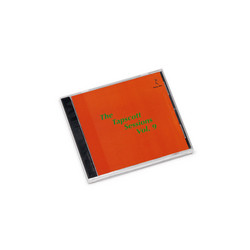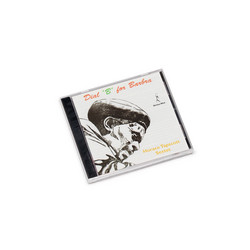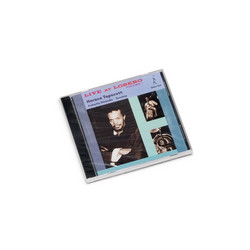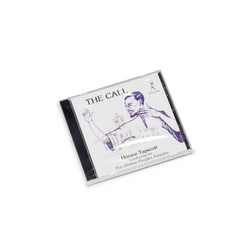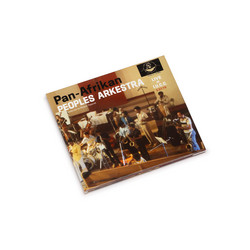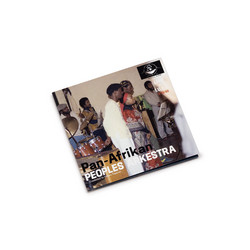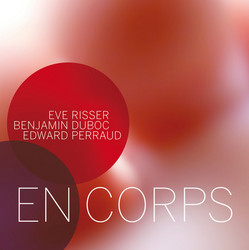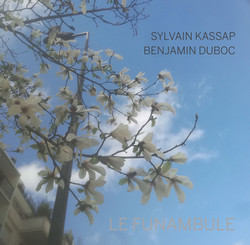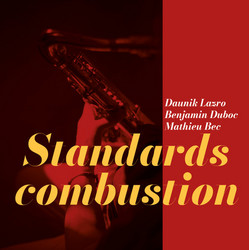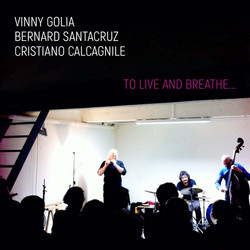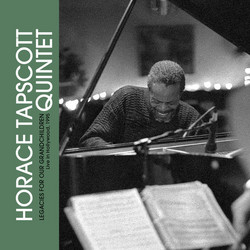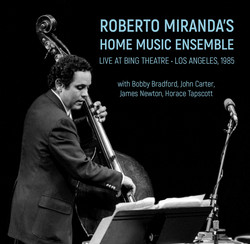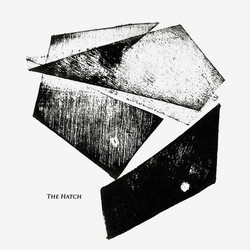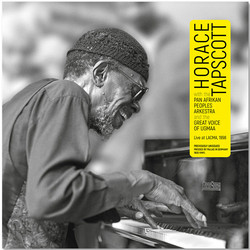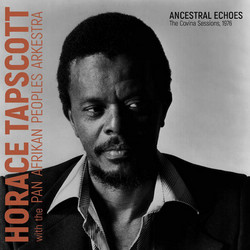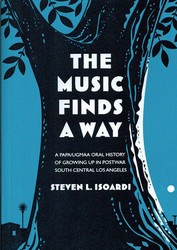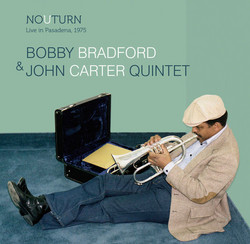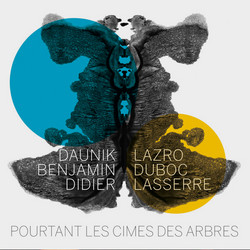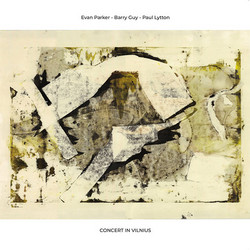Horace Tapscott, Pan-Afrikan Peoples Arkestra
Why Don't You Listen? - Live at LACMA, 1998 (LP)
** 180-gram vinyl pressed by Pallas in Germany. Deluxe high-gloss flipback album jacket. 2-page insert with photos from the concert by Warren Berman, lyrics and credits.** This previously unreleased concert recording by the Pan Afrikan Peoples Arkestra of pianist-composer-bandleader Horace Tapscott and a chorus under the direction of vocalist Dwight Trible is a wonderful example of how Tapscott channeled the political and cultural aspirations of a community into music of deep beauty and lasting value.
The LP opens with a big band version of “aiee! The Phantom,” a Tapscott original propelled by a vamp that spurs Michael Sessions into a melodic tenor solo delivered with an intense, wailing tone. Tapscott’s solo is a model of how he used space and phrasing to invite his bandmates into the creative process. The rhythm-heavy ensemble, relaxed but unrelenting, pelts away at Tapscott as he tells a beautifully constructed story at the keyboard. Singer Dwight Trible lights up Ellington’s “Caravan” with a freely interpreted rendition of the melody and lyrics and an incandescent scat solo. He’s one of the really great jazz singers of our time but makes his arresting music in the paradoxical world of the community artist: he’s a master and an individualist, but rarely gets widespread credit because courting the media is not part of his agenda. The full 11-voice chorus joins the band for the remainder of the album. “Fela Fela,” a simple, hooky melody sung over a danceable, African groove, showcases several of the band’s instrumentalists, as well as a fearsome, powerful solo from singer Amina Amatullah. On “Why Don’t You Listen?” the chorus invokes the musical ancestors, such as Lester Young and Clifford Brown, then riffs behind soloists, singing, “Listen. Listen. Listen.” – an exhortation that’s both command and invitation. “Little Africa” opens with a contemplative Tapscott-Trible duet that sets the stage for a lyrical paean to Africa highlighted by Sessions on soprano and Phil Ranelin on trombone.
Anchored in the predominantly black Watts neighborhood of Los Angeles for nearly his entire creative life, Tapscott provided a musical focus for the talents of resident musicians and artists. It was important work and perhaps no jazz artist has done it better.

